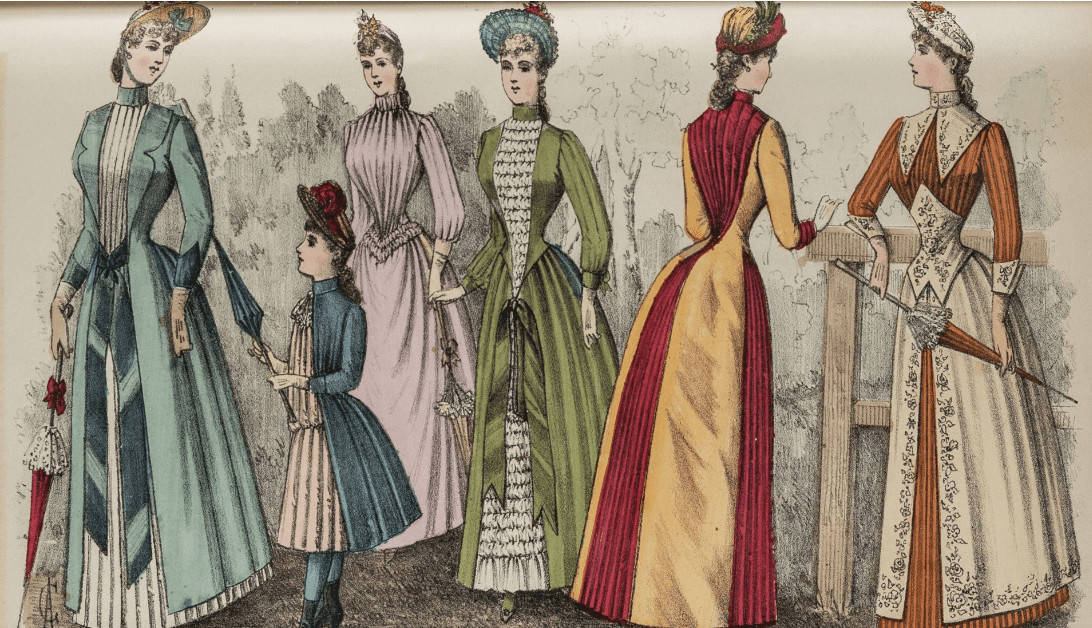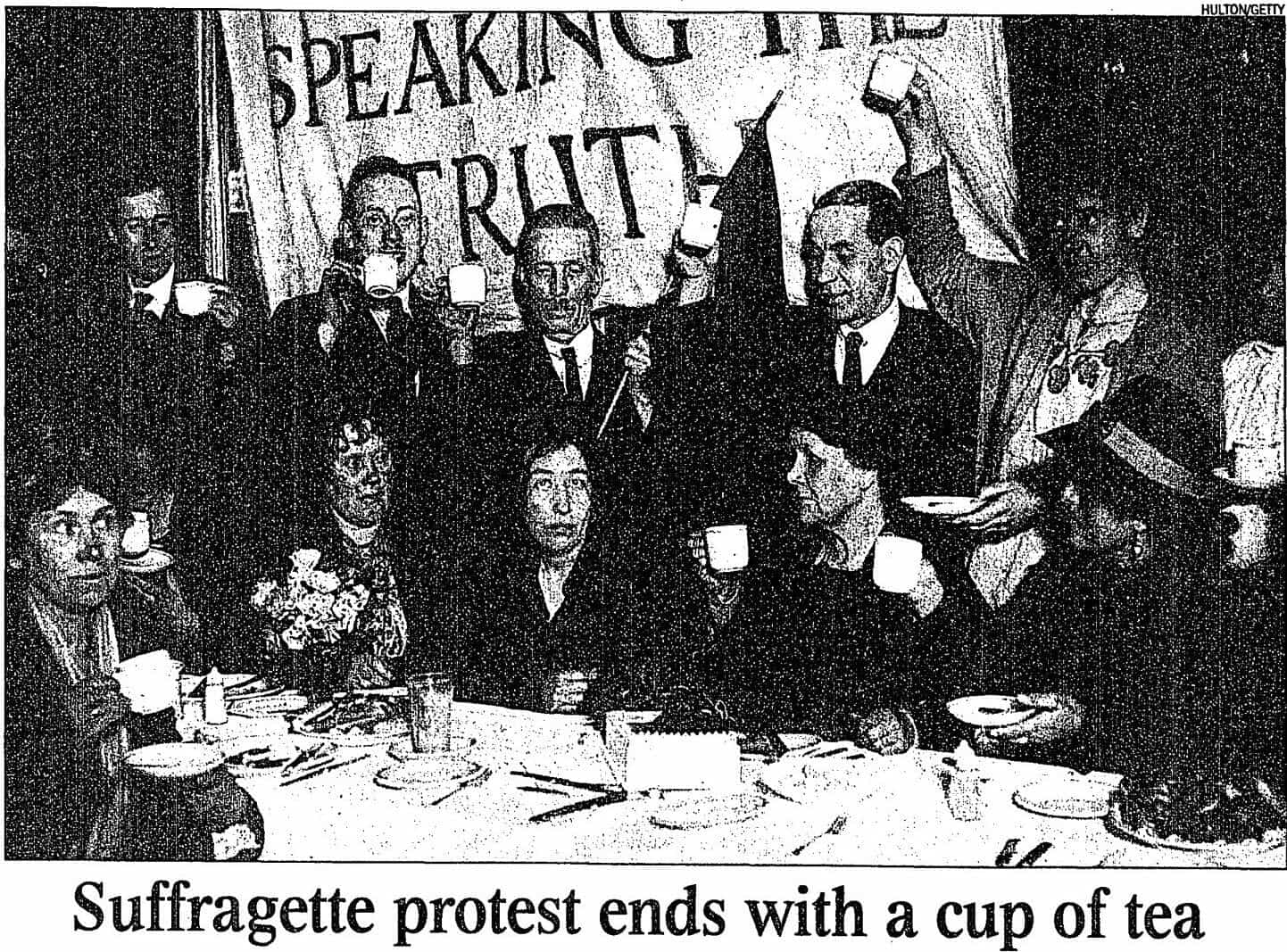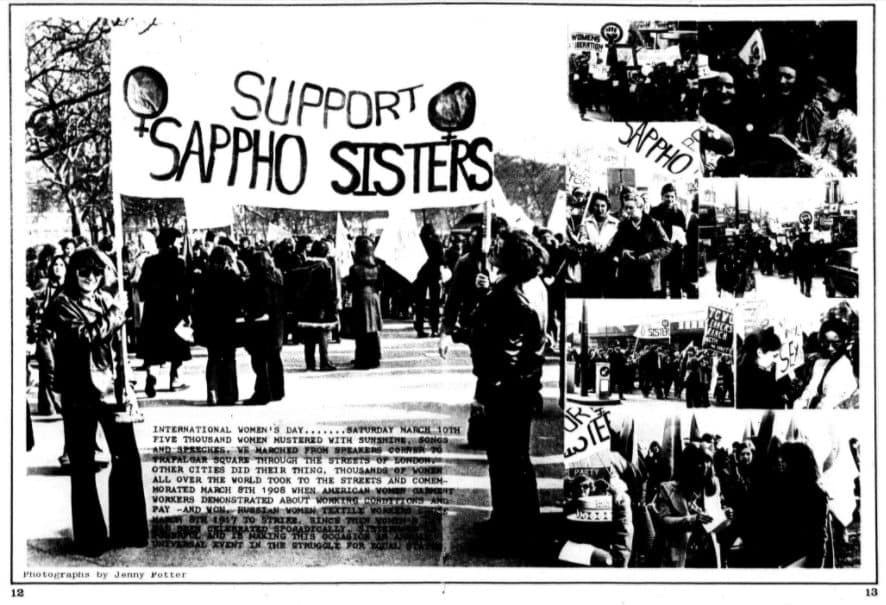│By Rachel Holt, Senior Acquisitions Editor, Gale Primary Sources│
When we think of feminism, names like Harriet Martineau or Mary Wollstonecraft often come to mind—not Queen Victoria. After all, in an 1870 letter to Sir Theodore Martin she called women’s rights activists “mad, wicked folly.”
Her reign from 1837 to 1901 however tells a more nuanced story and although Queen Victoria may not have embraced the women’s suffrage movement, her life and leadership challenged the rigid gender norms of her time, making her an inadvertent feminist icon.
The latest expansion of the extensive State Papers Online programme sees the launch of State Papers Online: Nineteenth Century with its first instalment as the State Papers of Queen Victoria and King Edward VII. Hosting two unique collections from the Royal Archives at Windsor Castle, this resource contains correspondence between the monarchs and their governments, representing Queen Victoria and King Edward VII’s state papers. It enables researchers to explore questions such as these.







